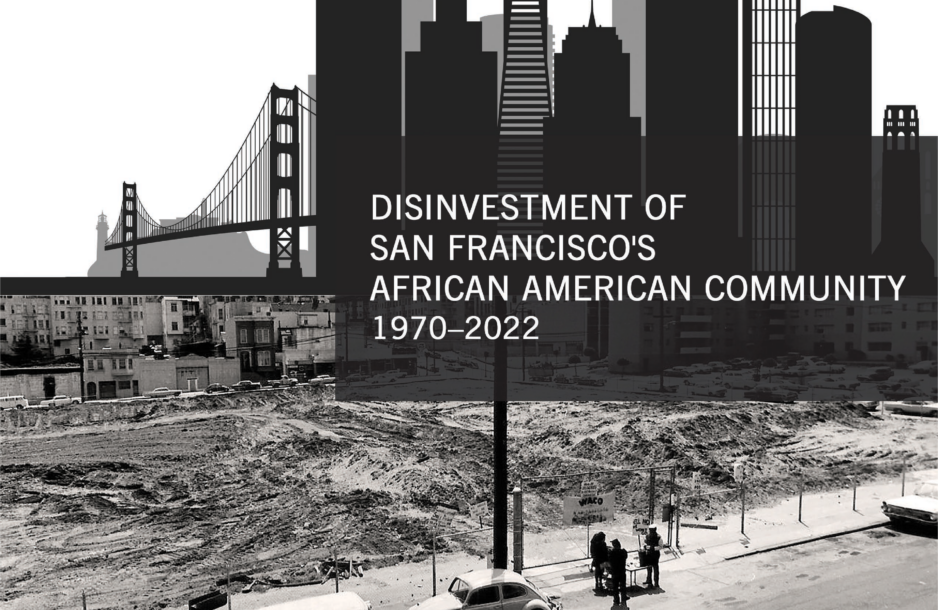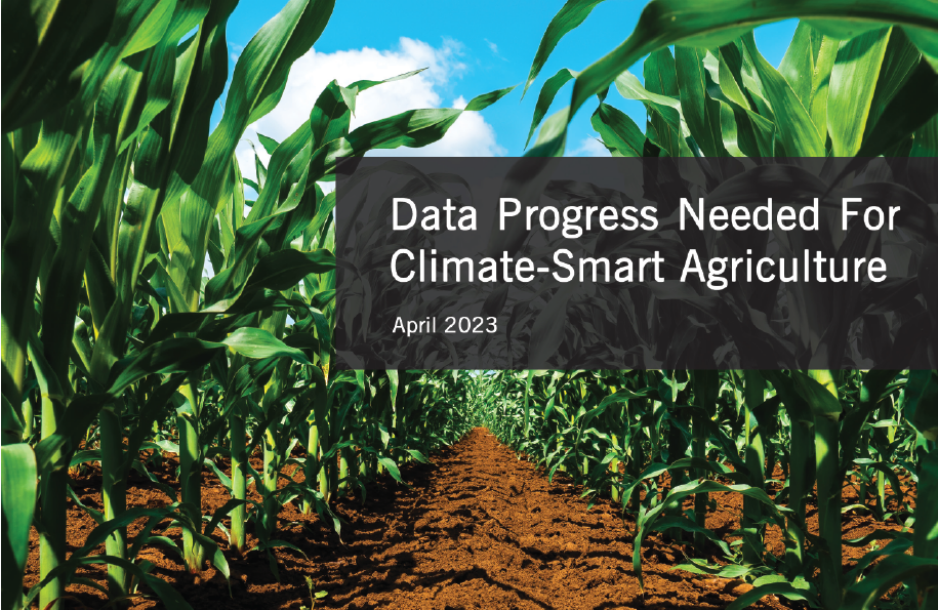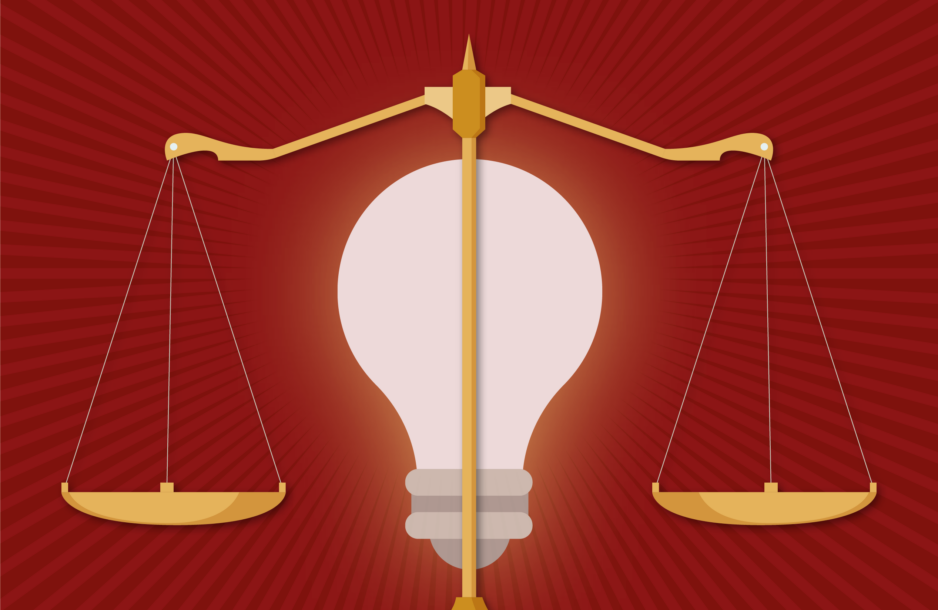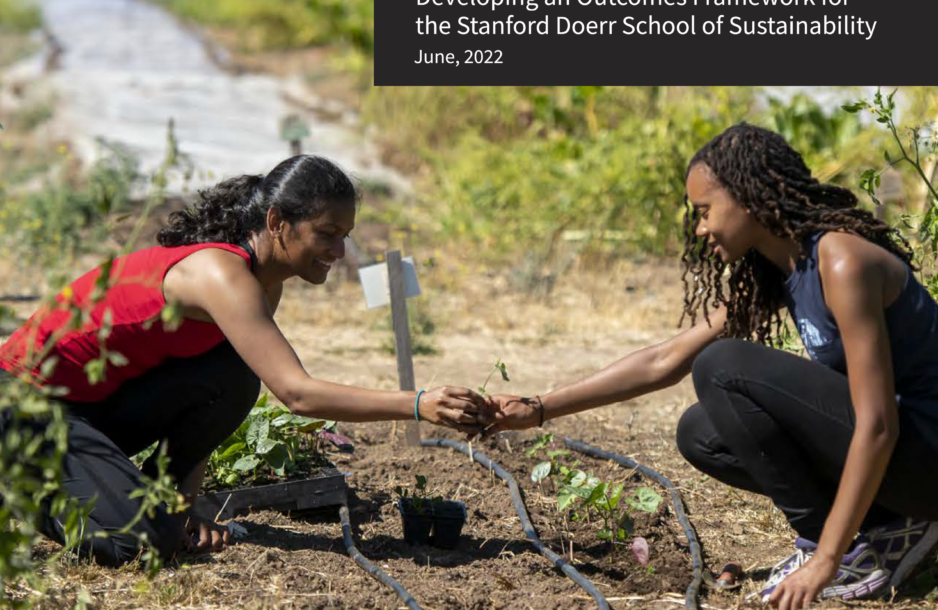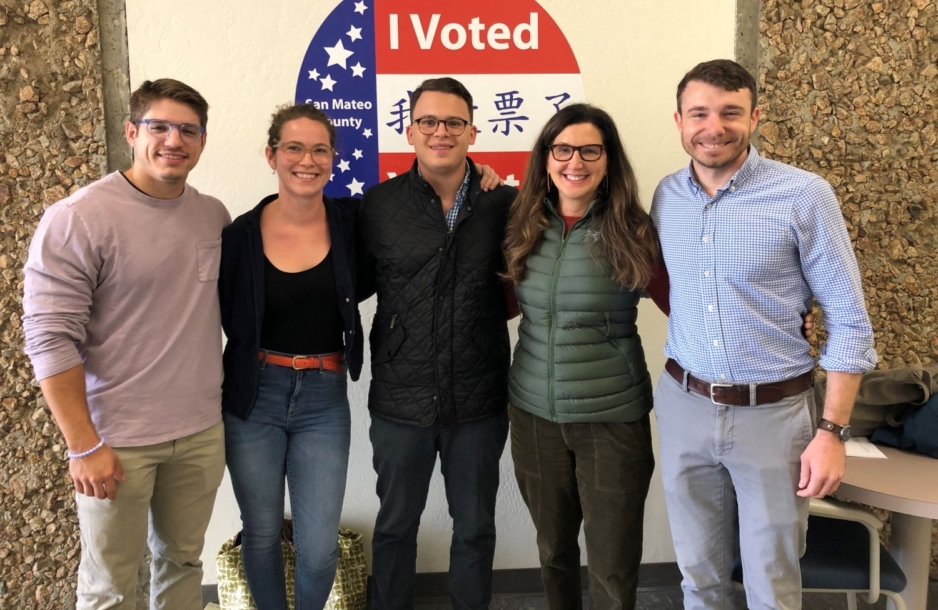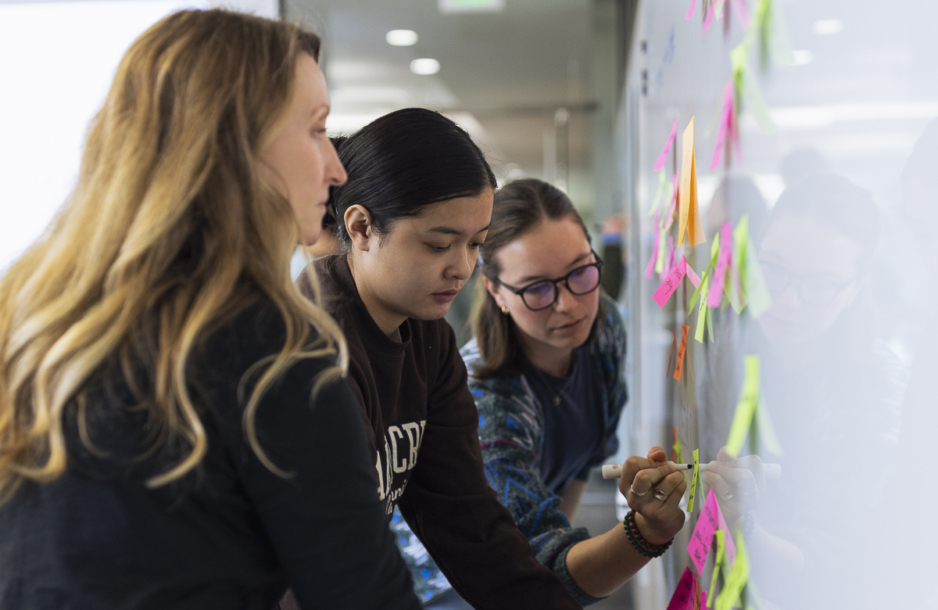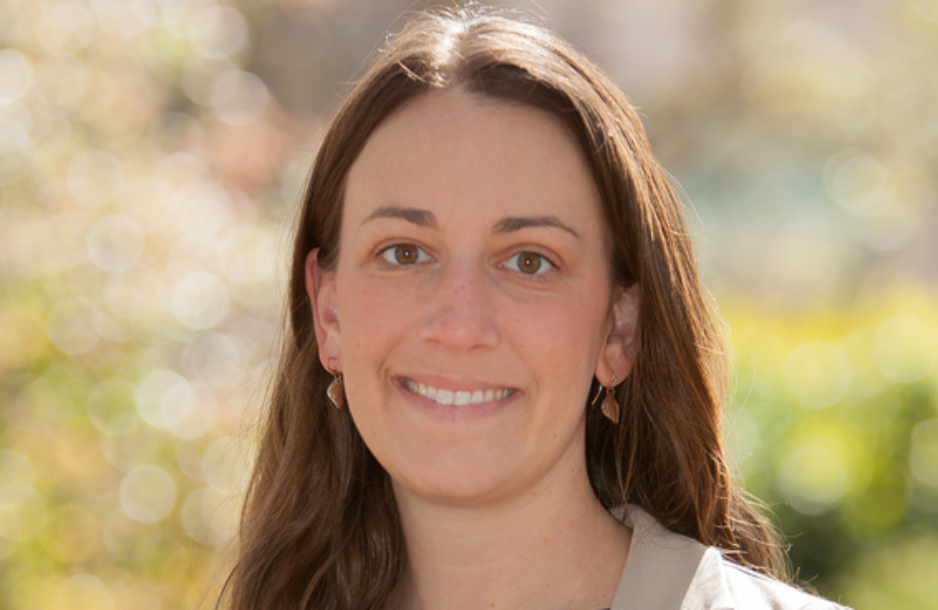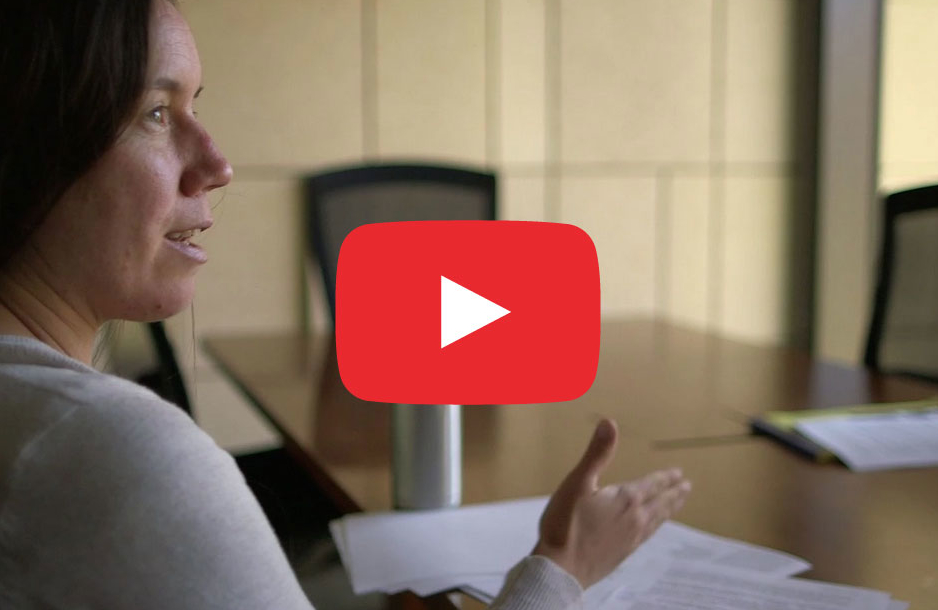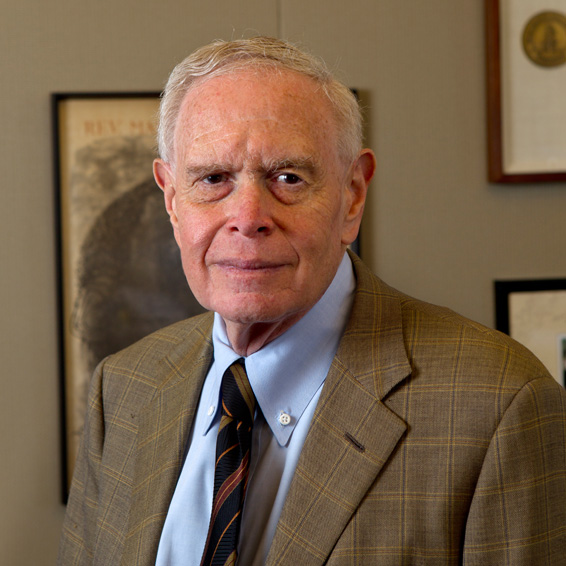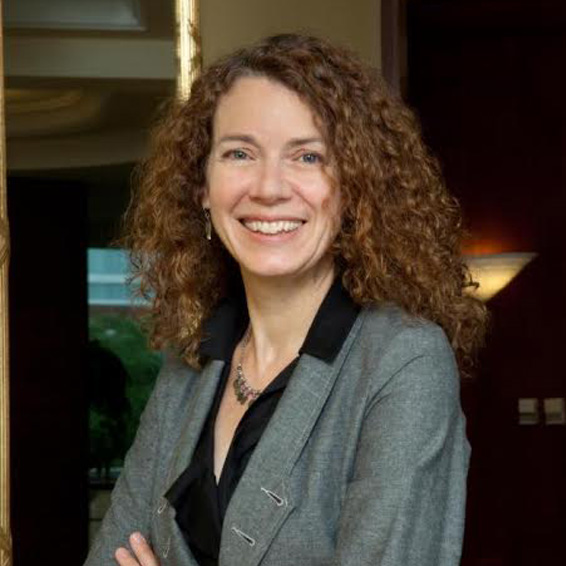Our policy labs provide Stanford Law students with hands-on experience influencing and advising individuals, government agencies, and non-profit organizations about cutting-edge issues in real time. They provide a fantastic way to develop important legal skills through interdisciplinary thought and resources. There is no better way to dive into a legal career than through the Policy Lab.
Jenny S. Martinez, Professor of Law and Provost of Stanford University
About the Law and Policy Lab
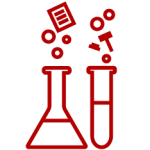
Engagement in public policy is a core mission of teaching and research at Stanford Law School. First-year courses explore the policies underlying basic legal doctrines, and advanced courses focus on policy in areas ranging from intellectual property to criminal justice. The Mills Legal Clinic gives students direct experience counseling and advocating for clients on both law and policy issues, and many of the law school’s centers, programs, and journals engage students in policy research and scholarship.
An innovation in experiential learning deepens our commitment to policy: The Law and Policy Lab is finding solutions to some of our most pressing issues. Under the guidance of seasoned faculty advisers, Law and Policy Lab students counsel real-world clients in such areas as education, copyright and patent reform, governance and transparency in emerging economies, policing technologies, and energy and the environment.
Policy labs address problems for real clients, using analytic approaches that supplement traditional legal analysis. The clients may be local, state, or federal public agencies or officials, or private non-profit entities such as NGOs and foundations. Typically, policy labs assist clients through empirical evidence that scopes a policy problem and assesses options and courses of action. The methods may include comparative case studies, population surveys, stakeholder interviews, experimental methods, program evaluation or big data science, and a mix of qualitative and quantitative analysis. Faculty and students may apply theoretical perspectives from cognitive and social psychology, decision theory, economics, organizational behavior, political science or other behavioral science disciplines. The resulting deliverables reflect the needs of the client grounded in the law school’s belief that systematic examination of societal problems, informed by rigorous data analysis, can generate solutions to society’s most challenging public problems.
Policy Impact: Reports and Deliverables
The Filing Fairness Project is one of those only-at-Stanford-Law projects, that launched this effort to widen access to justice in America where litigants and advocates can easily participate in the civil justice system through user-friendly filing tools.
Catherina Yue Xu, JD ’24 (BS/MS ’18) and Mark Chandler, JD ’81, Stanford Lawyer, Issue 106
Read More About The Filing Fairness Project
Scoping Policy Labs Worldwide
The Law and Policy Lab is undertaking a survey of policy labs around the world, starting with Latin America. In future installments, we will add summaries of labs in the U.S., Canada, Europe, and across Asia. The survey is not exhaustive but serves as a guide to the type of work policy labs are undertaking to shape effective interventions and solutions to problems both regionally and internationally.
Map created by Eli Yuan Shi.




